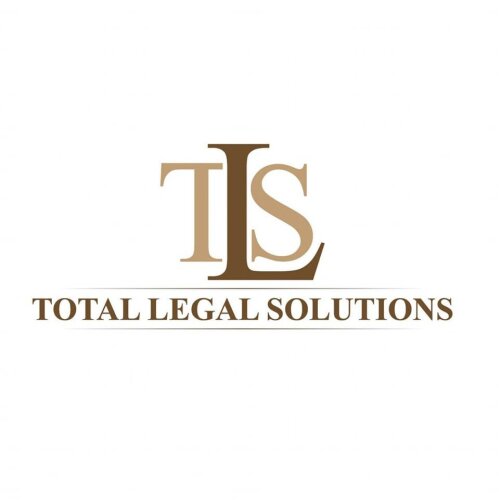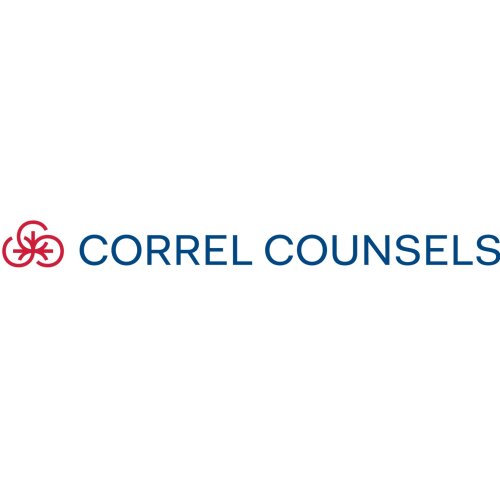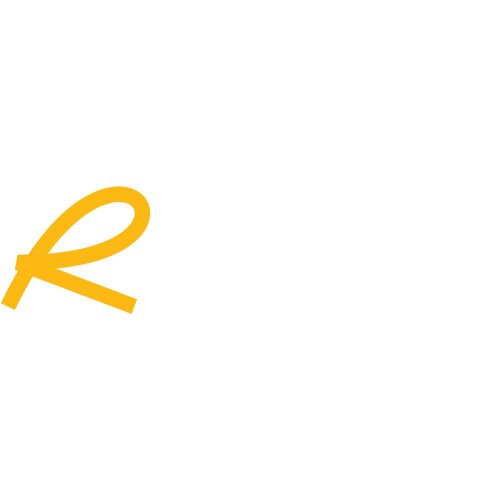Best Renewable & Alternative Energy Lawyers in Malé
Share your needs with us, get contacted by law firms.
Free. Takes 2 min.
List of the best lawyers in Malé, Maldives
About Renewable & Alternative Energy Law in Malé, Maldives
Renewable and alternative energy is an area of increasing importance in Malé, Maldives. As a country that faces unique challenges due to its geography and vulnerability to climate change, the Maldives has placed a growing emphasis on diversifying its energy portfolio. This involves transitioning from reliance on imported fossil fuels to adopting renewable sources such as solar, wind, and ocean energy. The government has introduced policies and programs to encourage investment and participation in renewable energy projects. Legal considerations are critical as these projects must comply with local regulations, environmental standards, and industry practices.
Why You May Need a Lawyer
Engaging a lawyer experienced in renewable and alternative energy can be beneficial in several situations. Investors seeking to start a renewable energy business or project must navigate licensing, permitting, land use, and environmental regulations. Homeowners or businesses wanting to install solar panels may need legal guidance on compliance and utility agreements. Legal assistance is also crucial for negotiating contracts, resolving disputes, ensuring regulatory compliance, and understanding incentives or subsidies. Lawyers can help stakeholders protect their interests and ensure projects follow Maldivian laws and policies.
Local Laws Overview
The regulatory framework for renewable energy in Malé is shaped by national and local regulations. Key aspects include:
- Licensing and Approvals - Projects typically require permits from the Ministry of Environment, Climate Change, and Technology.
- Energy Policy - The Maldives Energy Policy mandates targets for renewable energy adoption and energy efficiency.
- Land Use - Projects must comply with land acquisition laws and environmental impact assessment processes.
- Grid Connection - Laws regulate how renewable energy producers connect to the national grid, often managed by the State Electric Company Limited (STELCO).
- Incentives and Subsidies - The government offers incentives to promote renewable energy, often outlined in sectoral regulations or project-specific agreements.
- Environmental Protection - Laws aim to minimize the impact of energy projects on the delicate ecosystem, requiring thorough review and mitigation plans.
- Dispute Resolution - Disputes related to contracts, land use, or regulatory compliance are addressed under Maldivian law or specified arbitration procedures.
Frequently Asked Questions
What types of renewable energy are most commonly used in Malé?
Solar energy is the most common, followed by limited wind and ocean energy projects due to the country's geographic advantages.
Do I need permission to install solar panels on my property in Malé?
Yes, you may need approval from local authorities and utilities to ensure compliance with safety, building codes, and grid connection standards.
What incentives are available for renewable energy projects?
Incentives may include tax exemptions, tariff support, subsidized financing, or grants, subject to government programs and eligibility criteria.
Who regulates renewable energy in Malé?
The primary regulator is the Ministry of Environment, Climate Change, and Technology, along with utility providers like STELCO for grid-connected projects.
Are there environmental requirements for renewable energy projects?
Yes, most projects must undergo environmental impact assessments and fulfill environmental permit conditions before proceeding.
Can foreign investors participate in renewable energy projects?
Yes, but there are regulatory requirements for foreign ownership, investment approval, and compliance with national energy policy.
How can disputes about renewable energy projects be resolved?
Disputes can be settled through negotiation, mediation, local courts, or arbitration as outlined in contracts and Maldivian law.
What happens if a project does not comply with regulations?
Non-compliance may result in penalties, suspension of operations, project delays, or even revocation of licenses and permits.
Can surplus renewable energy be sold back to the grid?
This depends on the terms set by utility providers and government policy regarding net metering or power purchase agreements.
Do laws differ between Malé and other islands?
National laws apply throughout the country, but local councils or authorities may have specific requirements, especially regarding land use and permits.
Additional Resources
Below are some helpful resources and organizations for those seeking legal advice regarding renewable and alternative energy in Malé, Maldives:
- Ministry of Environment, Climate Change, and Technology - Responsible for energy regulation and project approvals.
- State Electric Company Limited (STELCO) - Manages grid connections and electricity distribution in Malé.
- Maldives Energy Authority - Oversees regulatory standards and technical compliance for energy projects.
- Maldives Law Society - Can help you find qualified legal professionals in energy law.
- Local Environmental NGOs - Provide expert insight into environmental compliance and advocacy.
Next Steps
If you need legal assistance related to renewable and alternative energy in Malé, start by identifying your specific needs, such as project development, licensing, compliance, or dispute resolution. Gather all relevant documents and information about your project. Next, consult with a legal professional or law firm specializing in energy and environmental law in the Maldives. They can offer guidance based on your situation, clarify regulatory requirements, and help you navigate government processes. Consider reaching out to relevant ministries or sectoral bodies for additional information. Taking the right legal steps can help your project succeed while ensuring full compliance with local laws and standards.
Lawzana helps you find the best lawyers and law firms in Malé through a curated and pre-screened list of qualified legal professionals. Our platform offers rankings and detailed profiles of attorneys and law firms, allowing you to compare based on practice areas, including Renewable & Alternative Energy, experience, and client feedback.
Each profile includes a description of the firm's areas of practice, client reviews, team members and partners, year of establishment, spoken languages, office locations, contact information, social media presence, and any published articles or resources. Most firms on our platform speak English and are experienced in both local and international legal matters.
Get a quote from top-rated law firms in Malé, Maldives — quickly, securely, and without unnecessary hassle.
Disclaimer:
The information provided on this page is for general informational purposes only and does not constitute legal advice. While we strive to ensure the accuracy and relevance of the content, legal information may change over time, and interpretations of the law can vary. You should always consult with a qualified legal professional for advice specific to your situation.
We disclaim all liability for actions taken or not taken based on the content of this page. If you believe any information is incorrect or outdated, please contact us, and we will review and update it where appropriate.
















